Description
The Lochamer songbook is one of the most important sources for German-language music of the 15th century. As one of the first surviving German songbooks, it contains mainly monophonic songs and an instrumental section. The latter has a special feature with the Fundamentum organizandi: It is a kind of composition and improvisation instruction for the keyboard instrument. For vocal music, such instructions already had a long tradition, for instrumental music it was a novelty and clearly connects this part of the songbook with the arrangements of the famous Buxheim organ book.
Like the first edition, the second edition follows the claim to prepare the source material in the sense of a practical performability of the pieces. The new volume takes up the principles presented in the first volume and continues them: 10 monophonic and polyphonic songs with corresponding transcriptions from the instrumental part of the songbook have again found their way into the edition. As in the first volume, further instrumental versions from the Buxheim Organ Book are included in individual cases in order to place the songs in a contemporary context and to show in what way they were already used in the 15th century. received, changed and edited.
In addition to popular hits such as Ich spring an disem ringe and Der winter will hin weichen, whose transcriptions here sometimes contain new and surprising insights, the edition also includes more contemplative and very sophisticated compositions, such as Ach meiden, du vil sende pein and Des klaffers neiden, which are joined in the edition by no less sophisticated instrumental arrangements.
English:
The Lochamer Liederbuch is one of the most important sources of German-language music of the 15th century. As one of the earliest surviving German songbooks, it contains mainly one-part songs and a collection of instrumental music. As a special feature, the latter includes the “Fundamentum organisandi”: a composition and improvisation tutor for keyboard instruments. In vocal music, this kind of instruction book already had a long tradition at the time, but for instrumental music it was an innovation. It relates this part of the songbook clearly to arrangements of the famous “Buxheimer Orgelbuch”.
As in the first volume, this second book also claims to prepare the source material for a practical performance of the pieces. The new volume adheres to the principles presented in the first and develops them further: 10 mono- and polyphonic songs were included in the edition together with related transcriptions from the instrumental chapter of the songbook. Just as in the first volume, in certain cases additional instrumental settings from the Buxheimer Orgelbuch are added, in order to present the songs in their historical context and to demonstrate in which way already in the 15th century they were adapted and re-arranged.
In addition to certain ubiquitous “hits” such as “Ich spring an disem ringe” and “Der winter will hin weichen”, which are presented here in a fresh transcription, more melancholic and highly sophisticated compositions were included in this edition, such as “Ach meiden, du vil sende pein” or “Des klaffers neiden”, which are complemented by challenging instrumental arrangements.
The CD to go with this book: CD ‘Das Lochamer-Liederbuch’, recorded by Ensemble Dulce Melos and Martin Hummel (NAXOS).
Order no: 84-1
ISBN: 978-3-927240-84-1
Format: DIN A4
Number of pages: 48 pages
Cover: paperback
Review of the magazine of history chronico (www.chronico.de):
“With the Manessische Liederhandschrift (Codex Manesse), written around 1300 at the latest, the time of the transmission of literature and songs based primarily on oral tradition was over. Some German-language song manuscripts as well as songbooks from the late Middle Ages and the beginning of modern times are known today. The Locham Songbook from around 1460 is one of the most important collections, if only because of its size.
In 2007/8, the musician and musicologist Marc Lewon presented the songbook in two copies: Lewon recorded 26 of the approximately 50 pieces of the Locham songbook with his ensemble Dulce Melos and the baritone Martin Hummel (Naxos). A two-part print edition about the songbook was also published by Verlag der Spielleute.
The point is this: Well-preserved songbooks that also still come up with detailed melodies (even if not with measures or exact pitches, that was not common in the Middle Ages) are a treat first of all for researchers. They do exist, the scientific treatises on the Locham Songbook. The naturally practice-oriented modern musician, however, needs other doors to open to such historical material. Regardless of whether he is concerned with free interpretations or performances that are as authentic as possible. One such door is the two-volume edition by Marc Lewon. Lewon has transferred and prepared a total of 20 monophonic and polyphonic songs for this edition. Musical performability of the pieces is the goal of the exercise. Meticulously Lewon transfers the notes and decided to use a modern beat. The author makes it clear at the outset that this alone makes his work something of an interpretation. Lewon conscientiously prepares text melodies and instrumental parts and is not stingy with detailed comments and hints for playing practice. …
(see http://chronico.de/besprechen/musik/0000511/)

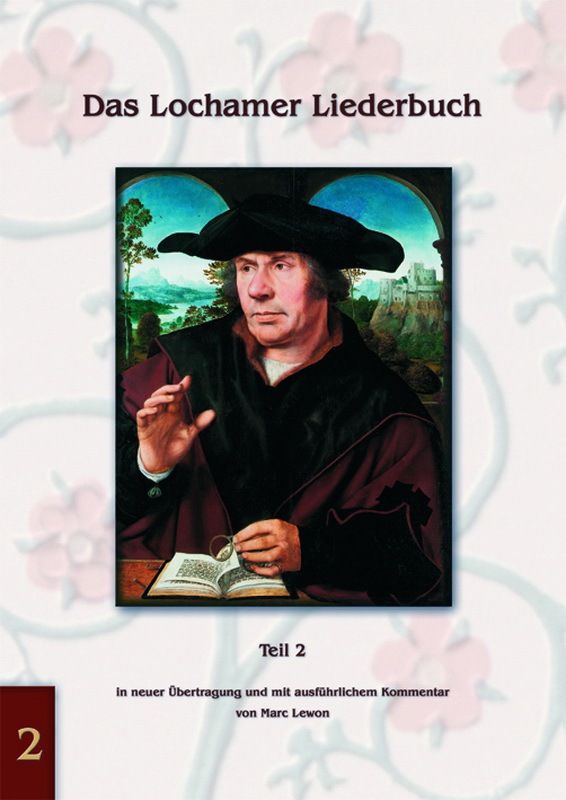
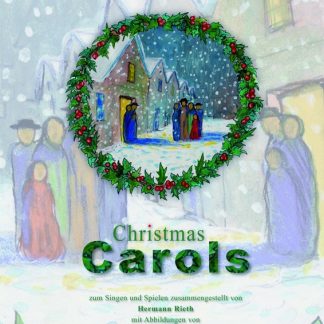
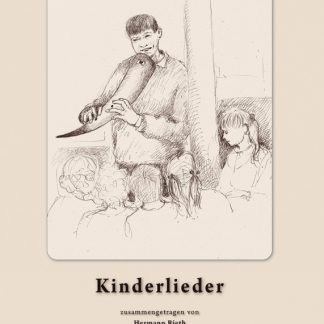
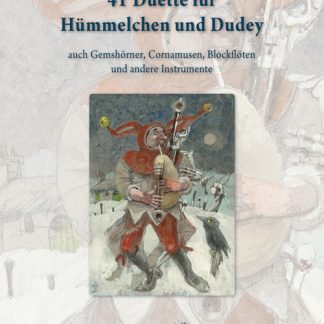
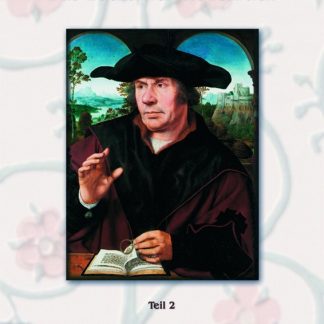
Reviews
There are no reviews yet.